17 K-8 Digital Citizenship Topics
Ask a Tech Teacher
OCTOBER 27, 2023
Learning has no temporal or geographic borders, and is available wherever students and teachers find an internet connection. This vast landscape of resources is often free, but this cerebral trek through the online world requires students know how to do it safely, securely, and responsibly. How do you do it, in your school?

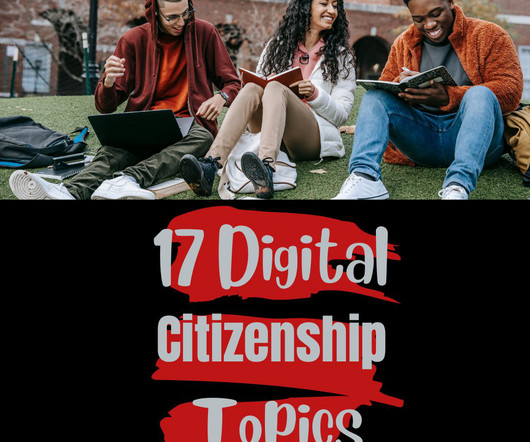
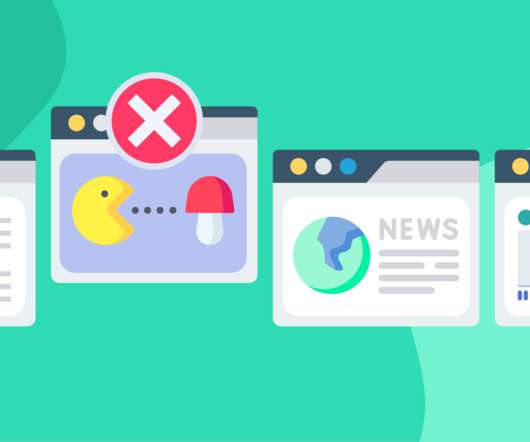

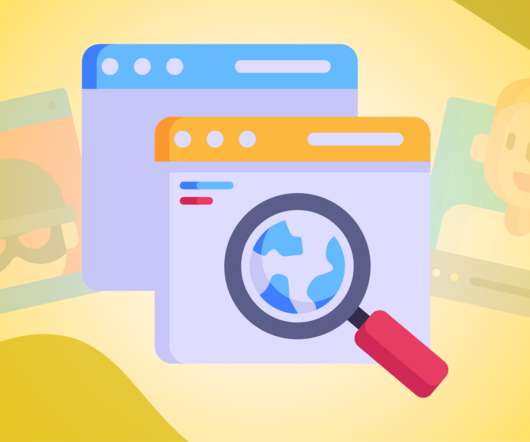
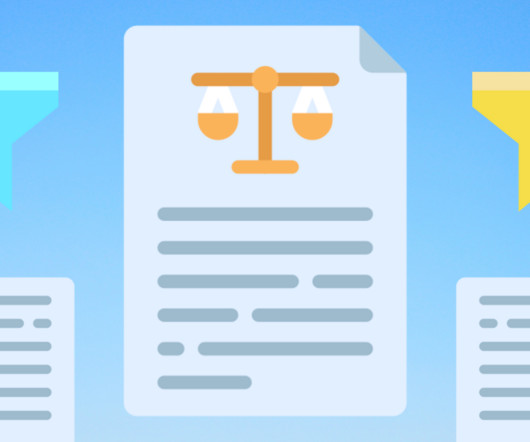
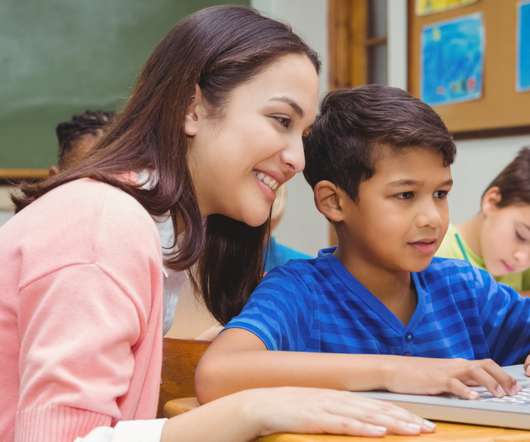



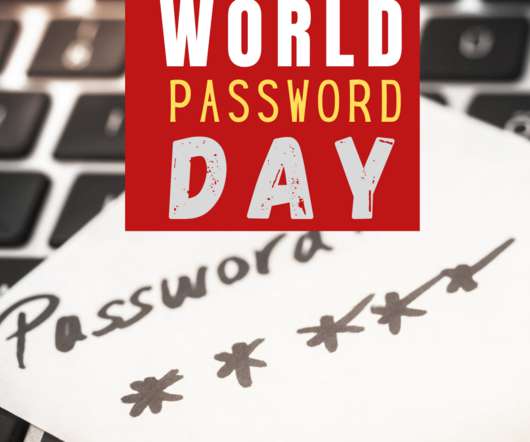
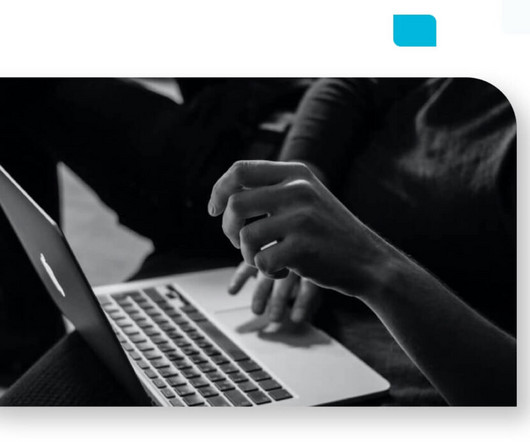
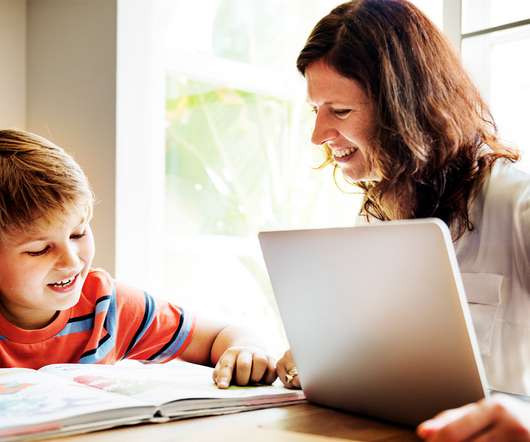
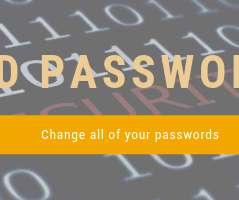


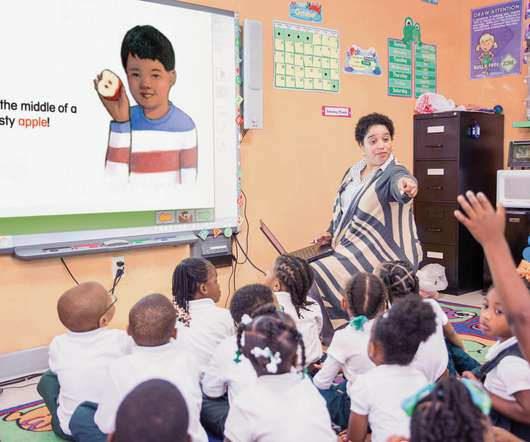


















Let's personalize your content